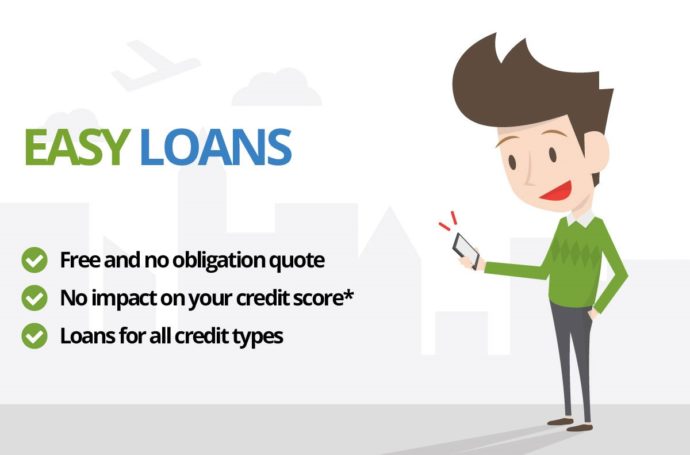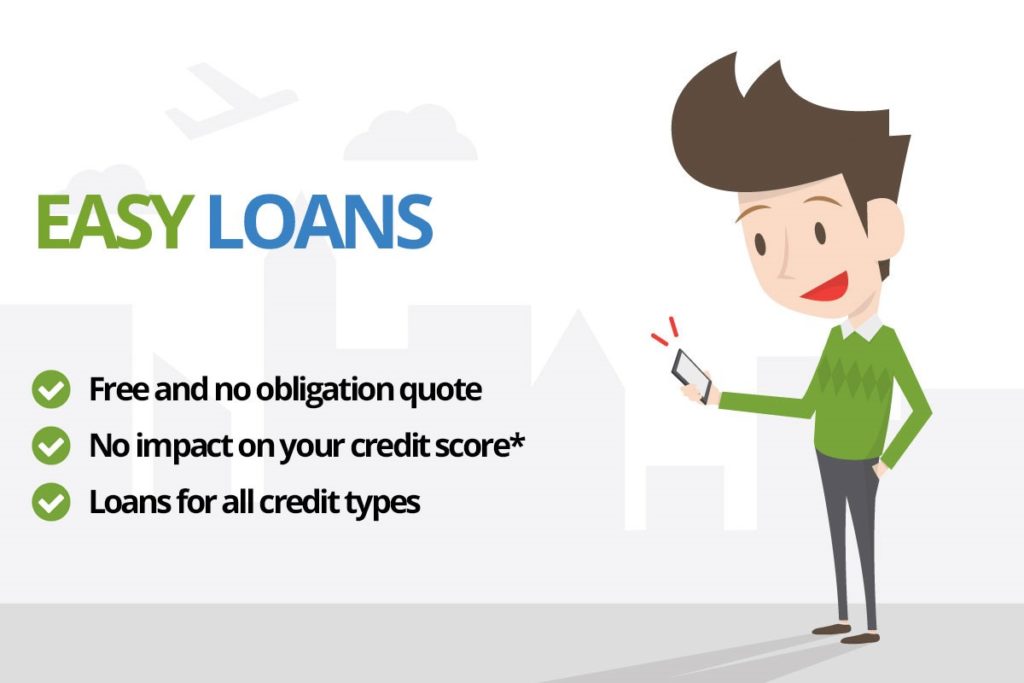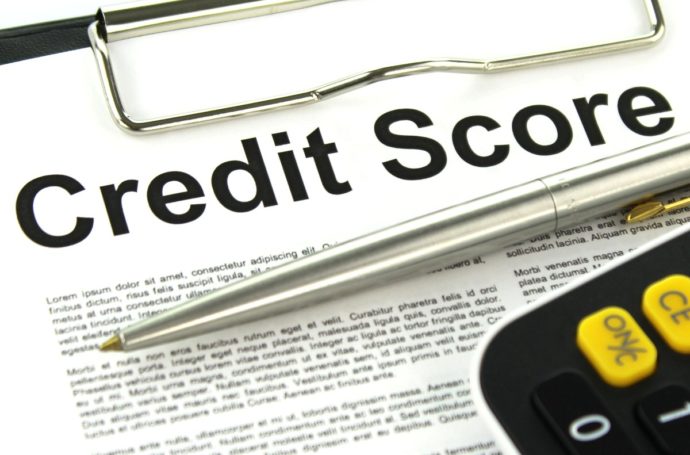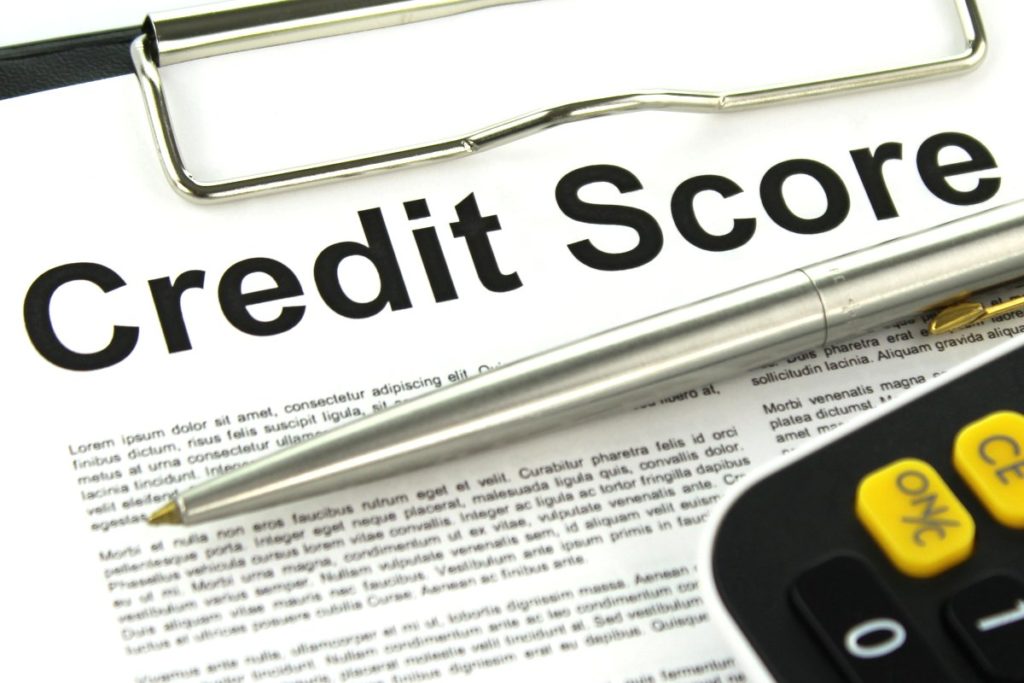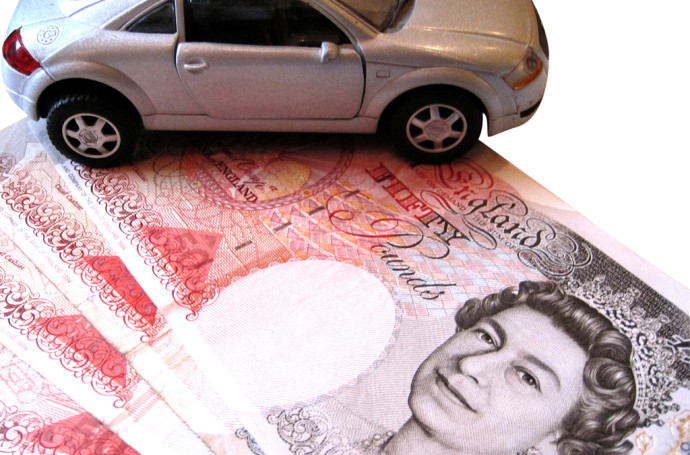
In many cases, you cannot get a loan if you are not employed, since this is a vital thing that lenders look for in order to recover the money they lend out.
However, there are different circumstances that lenders might consider, especially for those who are retired, freelancers or in between jobs.
According to recent statistics from the U.S. Bureau of Labor Statistics, as of December 2023, the unemployment rate is around 3.9%, but there are a number of people in between jobs or working in the gig economy who may still be eligible for a loan.
In this article, we explore the possibilities and challenges of obtaining a loan without a conventional job.
Understanding the Basics of Loan Approval
Traditional lenders such as those offering personal loans or credit cards typically evaluate an applicant’s credit score, income stability, debt-to-income ratio and employment history to determine their eligibility.
Employment serves as a key indicator of an individual’s ability to repay a loan, providing lenders with assurance regarding financial stability.
Without employment or a stable income, people may have to resort to unpleasant forms of borrowing, such as those from loan sharks or predatory lenders, selling valuable items they own through pawnbrokers or other specific loans for bad credit, which often carry high interest rates.
Do Lenders Consider Alternative Income Sources?
Yes, while conventional employment may not be a prerequisite for loan approval, alternative income sources can bolster your chances of securing financing.
Freelancers, gig workers and independent contractors often generate income through diverse channels, such as freelance projects, rental properties, investments or royalties.
When applying for a loan, highlighting these sources of income can demonstrate your capacity to meet repayment obligations, thereby enhancing your eligibility.
Can I Use My Assets as Collateral?
In the absence of regular employment, offering collateral can mitigate the risk for lenders and increase the likelihood of loan approval.
Collateral typically includes valuable assets such as real estate, car (see auto loans) or savings accounts, which serve as security against the borrowed amount.
By pledging collateral, applicants provide lenders with recourse in the event of default, thereby offsetting the perceived risk associated with non-traditional employment situations.
How To Build a Stronger Credit Profile
A robust credit history can significantly influence loan approval decisions, irrespective of employment status.
Timely payments, low credit utilization and a diversified credit mix reflect responsible financial behavior, instilling confidence in lenders regarding your repayment capacity.
Prioritize maintaining a healthy credit score by managing existing debts judiciously, monitoring your credit report for inaccuracies, and avoiding excessive credit inquiries.
Can I Use Co-Signers or Guarantors?
In situations where securing a loan independently proves challenging, getting the support of a co-signer or guarantor can strengthen your application.
A co-signer, typically a family member or trusted friend, agrees to assume responsibility for loan repayment if the primary borrower defaults. Similarly, a guarantor provides a financial guarantee to the lender, offering reassurance regarding the borrower’s creditworthiness.
By involving a co-signer or guarantor with stable employment and a strong credit history, applicants can enhance their credibility in the eyes of lenders, potentially leading to more favorable loan terms.
What Are The Specialist Loan Options Available?
In recognition of evolving employment trends and changing borrower demographics, financial institutions have introduced specialized loan products tailored to accommodate non-traditional employment arrangements.
These include self-employed mortgages, personal loans for freelancers, and small business loans for entrepreneurs.
Such offerings often feature flexible eligibility criteria and customized repayment terms designed to cater to the unique needs of self-employed individuals and unconventional borrowers.
While securing a loan without traditional employment presents challenges, it is not a total barrier to borrowing. By exploring some of the avenues in this article, individuals can enhance their prospects of loan approval.
However, it’s essential to exercise caution and conduct thorough research to select reputable lenders and negotiate favorable terms. Ultimately, with careful planning and diligent financial management, individuals can navigate the loan application process successfully, even in the absence of conventional employment.



